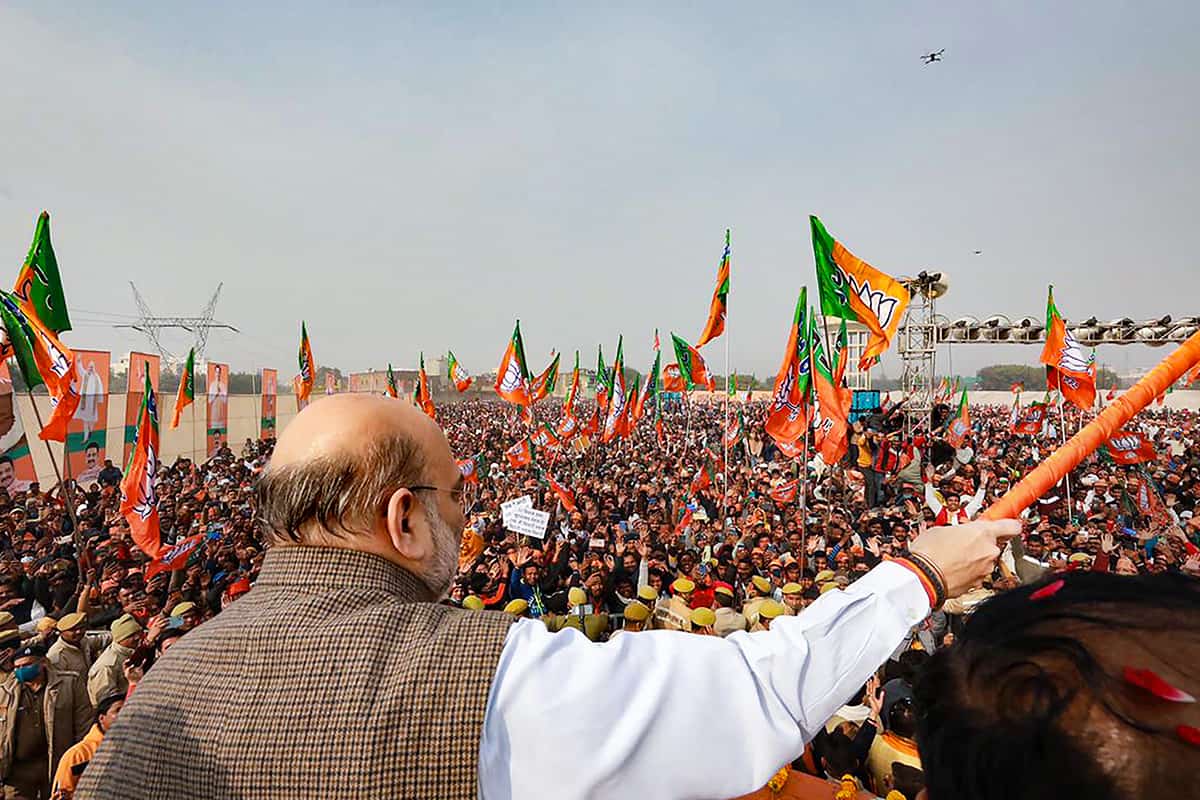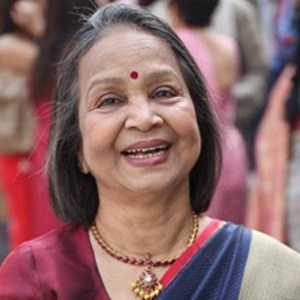

Many people doubt whether it is necessary to hold the upcoming Assembly polls in the poll-bound states next month or postpone, as the Allahabad High Court has suggested. During the earlier round of elections this year, another court- the Madras High Court- had held the Election Commission “ irresponsible” for conducting the polls during the pandemic. Some argue that, after all, there are precedents of postponement of polls earlier while former Chief Election Commissioner S.Y Quereshi thinks Constitutionally it is not possible.
With the scheduled elections in Uttar Pradesh, Punjab, Goa, Manipur, and Uttarakhand, next month it is clear that people can escape the killer Covid only if Election Commission guidelines are strictly enforced.
World over about 70 countries has postponed their elections due to Covid. Forty-two countries have postponed national elections and referendum. Even if the Commission could not delay the polls as the political parties want to stick to the schedule, can the Commission at least ban the super spreader poll rallies?
The poll panel decided to hold elections last week after discussing with all the stakeholders. Undoubtedly, the March- April elections early this year have taught us a lesson as they had resulted in the massive increase of Covid 19 in West Bengal, Tamil Nadu, and other poll-bound states. From April 1 to 14, coronavirus cases increased by 532 percent in Assam, 420 percent in West Bengal, 165 percent in Puducherry, 159 percent in Tamil Nadu, and 103 percent in Kerala, according to official figures.
In the past few months, India has lifted restrictions on public gatherings, travel, and public spaces as infections fell. However, the new omicron variant is spreading fast. Covid cases in several states have been rising, and the third wave may peak around February. It is compounded that many people have stopped wearing face masks, are getting tested less frequently than before, and congregate in large numbers.
Explaining the decision, Chief Election Commissioner Sushil Chandra said recently: “I have been told that 86 per cent of people in the state have got the first dose and 49 per cent the second shot of Covid vaccine. We have been assured that in 15 to 20 days, all eligible people will get their first dose. We have asked for increasing vaccination.”
The Commission has decided to increase the voting time by an hour to make the voting easy, assuring that all poll officials on duty would be fully vaccinated. The poll body will reach out to the doorsteps of those who cannot come to the polling booth to vote. Additionally, live webcasting facilities will be available at around 1 lakh voting booths to ensure transparency in the election process. Chandra said because of the pandemic, the number of polling booths in the state would be increased by 11,000 to maintain proper social distancing.
While the poll-bound states have taken many steps to check the pandemic, the party leaders, however, enjoy addressing massive rallies. As parties scramble for votes, politicians are not the shining examples of covid regulations like wearing masks and keeping social distance. They are brazenly going ahead with plans for mega rallies in poll-bound states.
For instance, Samajwadi party chief Akhilesh Yadav’s Unnao rally, Union Home Minister Amit Shah’s roadshow in Hardoi, and Priyanka Gandhi’s women’s march drew massive crowds. The most prominent state among the five election states, Uttar Pradesh, has been declared a corona-affected state. Some people wonder that when the government has put regulations for inviting the number of guests for weddings and other celebrations and cinema halls are shut, why poll rallies are not regulated?
Can the nature of poll campaigns change? Most parties are now active in social media and use Whatsapp and mobile communication besides the TV ads. A Digital campaign is also an option.
Due to the efforts of the Union and state governments, we have controlled the pandemic to a great extent. But no one knows the trajectory of the Omicron variant. The government machinery is on high alert, but people have to obey government regulations like wearing the mast, keeping the social distance, and avoiding crowded places.
If Omicron spreads further, as it has in the United States and Europe, political parties have an equal share of the blame. In any case, all those who come to listen to their netas do not always vote for the party. If wiser counsels prevail, leaders might opt for virtual rallies and other methods of digital communication. Ideally, the nature of poll campaigns must also change, and the political fraternity should come together and think of safe campaigning methods. Above all, it is for the people to comply with covid regulations as the government alone cannot do everything to contain the pandemic.
Kalyani Shankar is a senior journalist and analyst based in New Delhi.
Views expressed are personal



